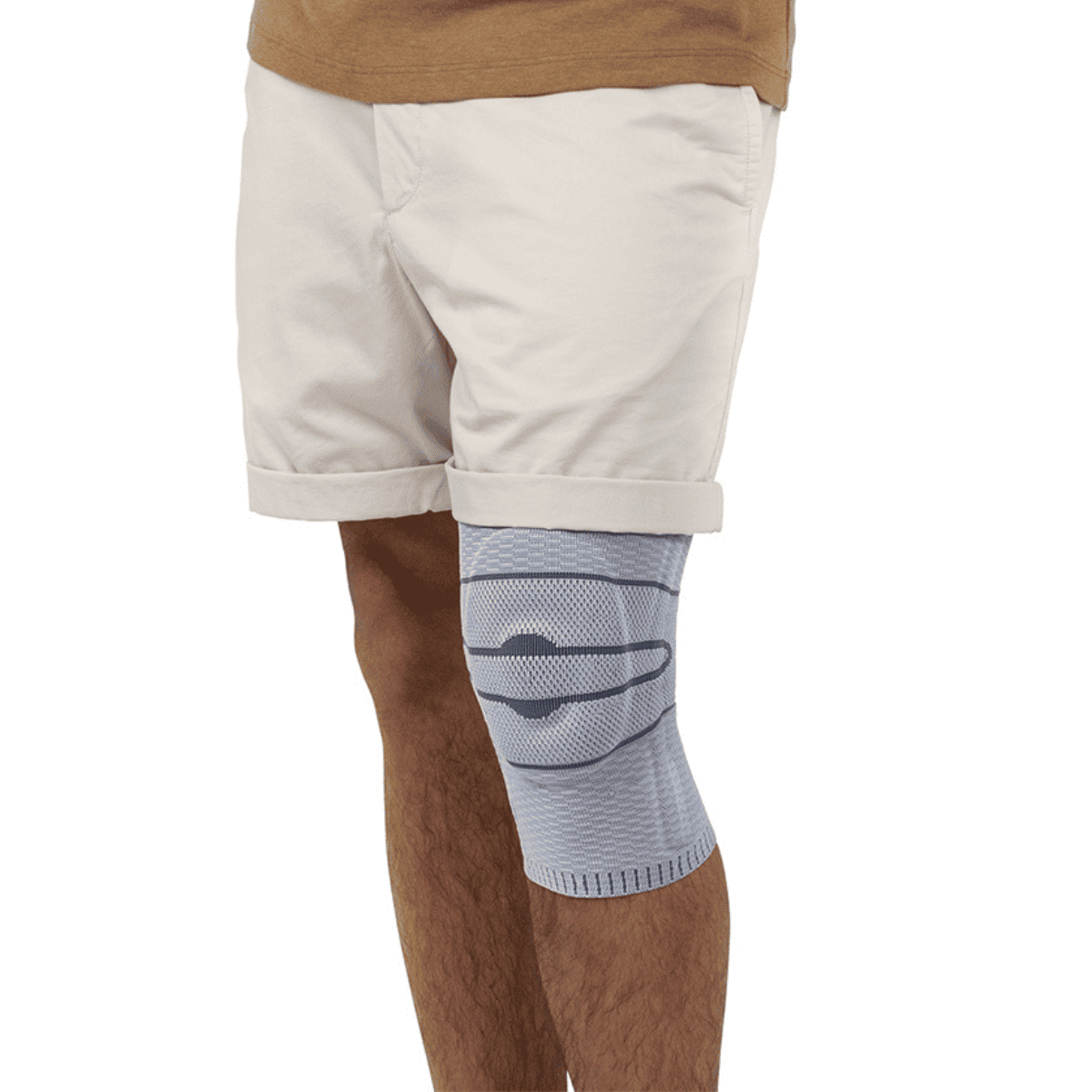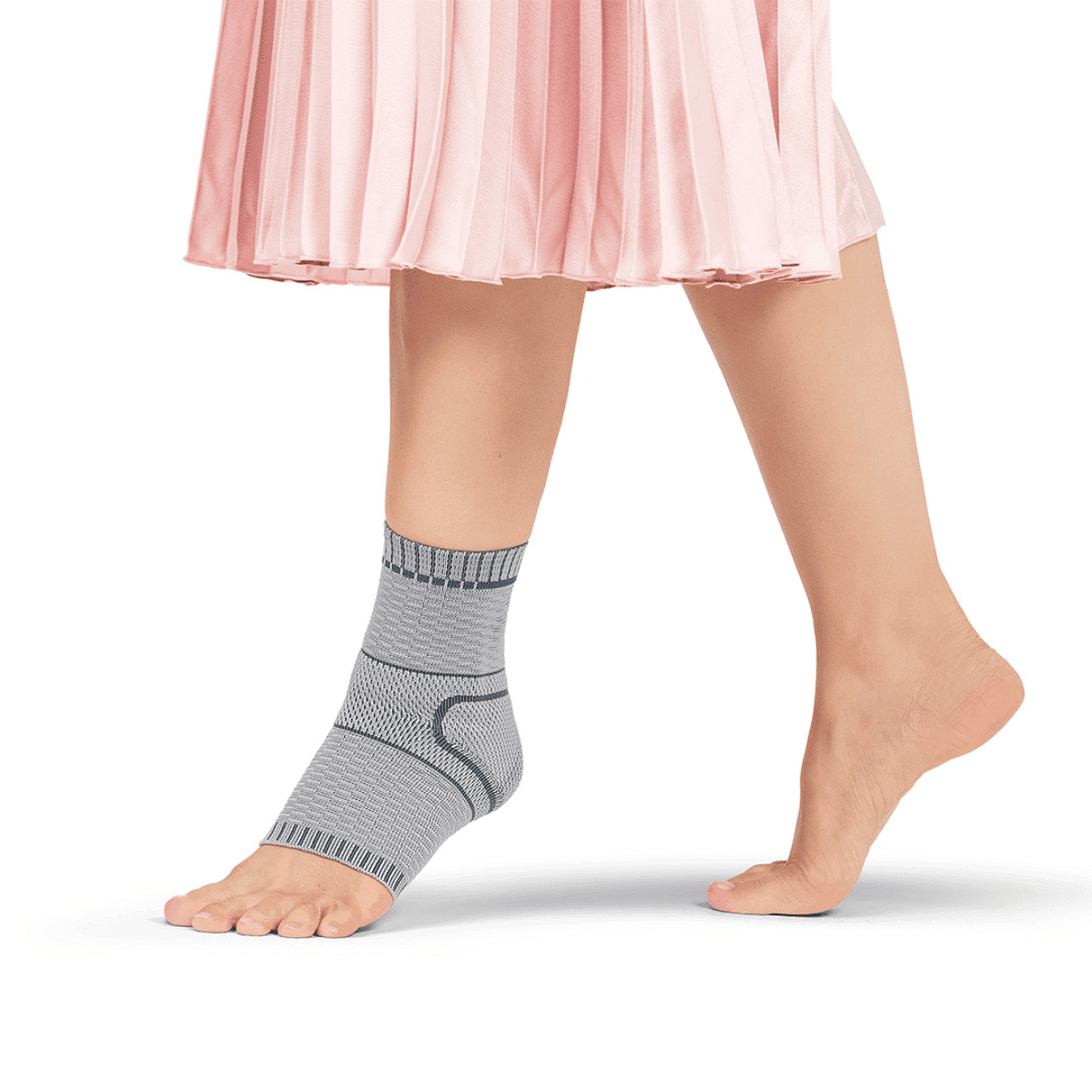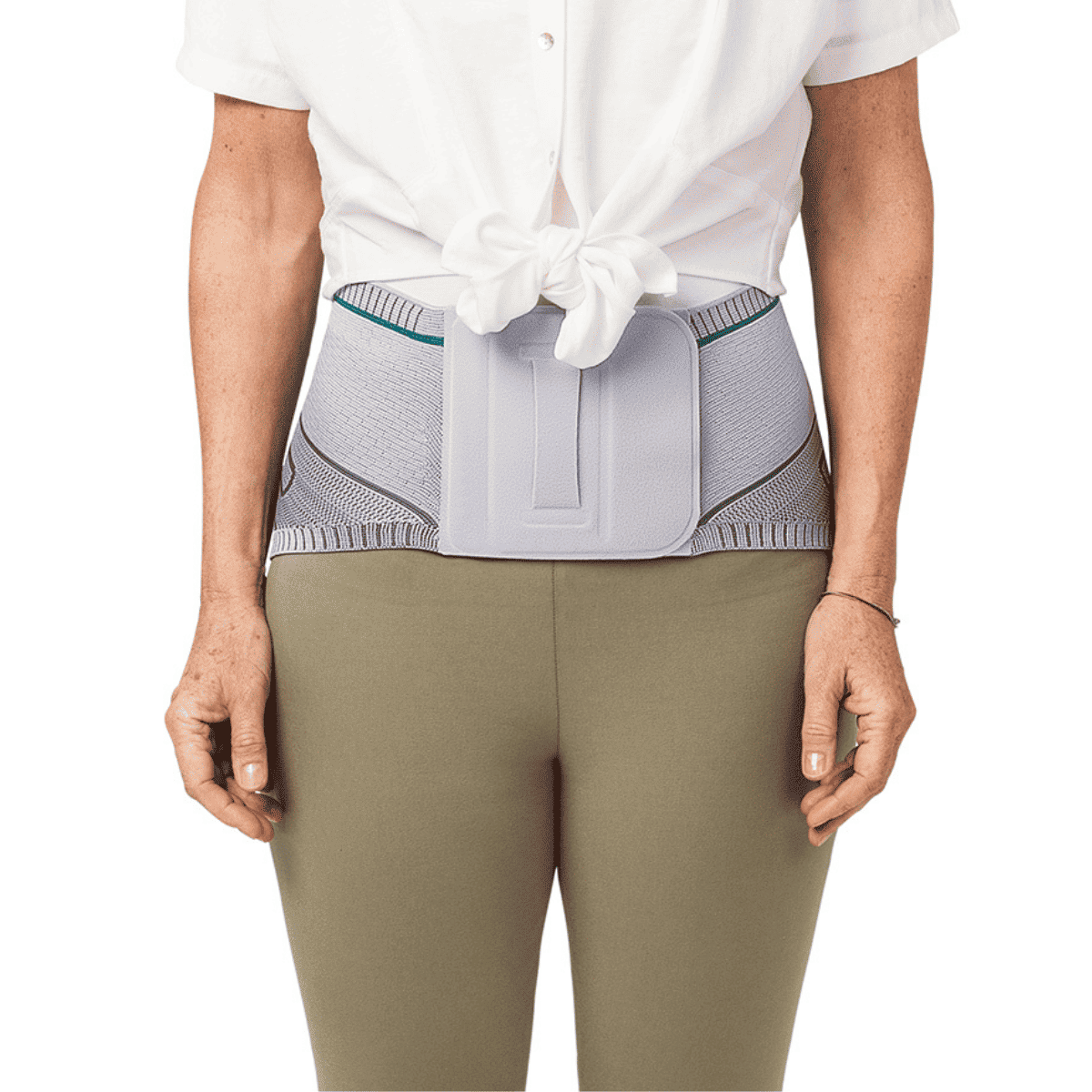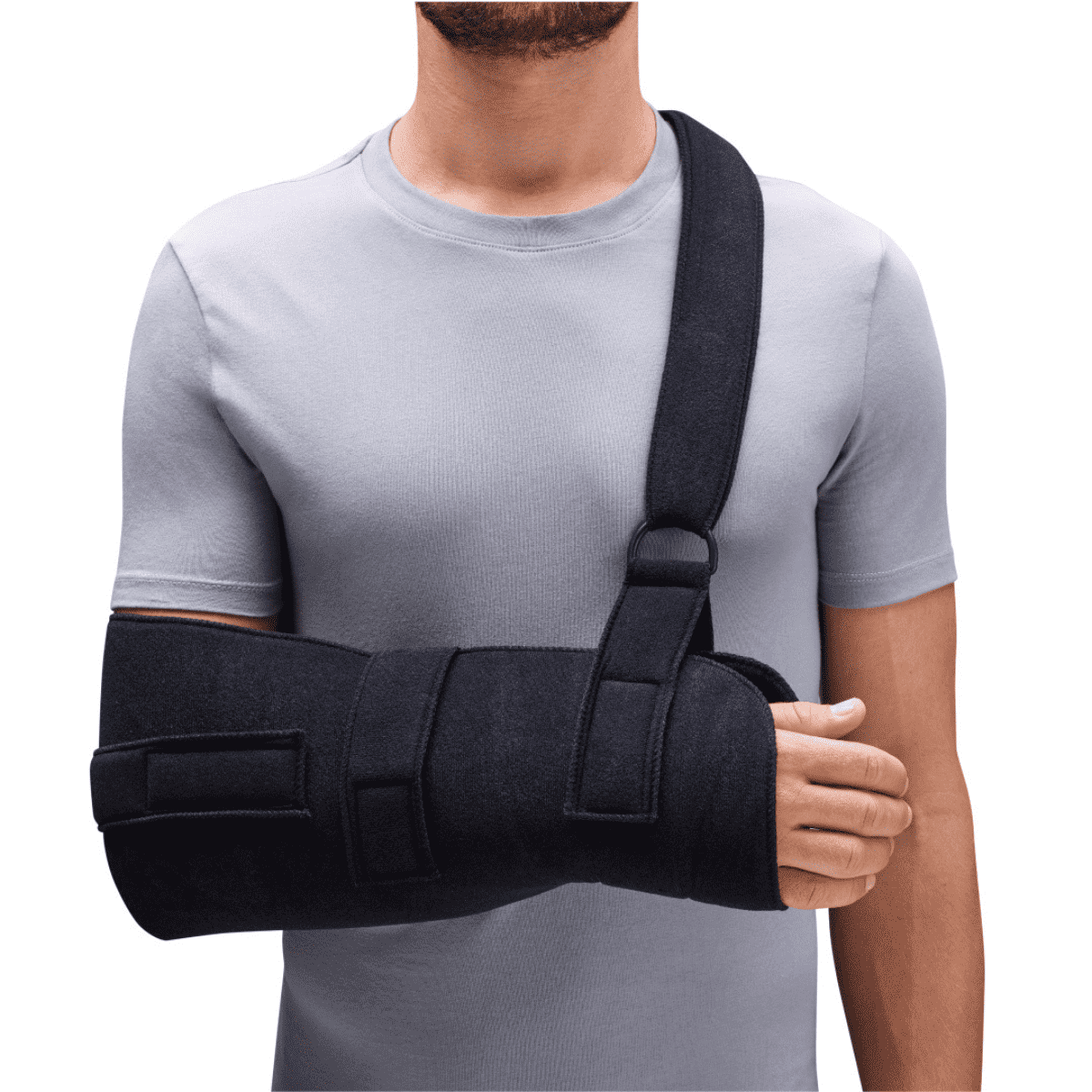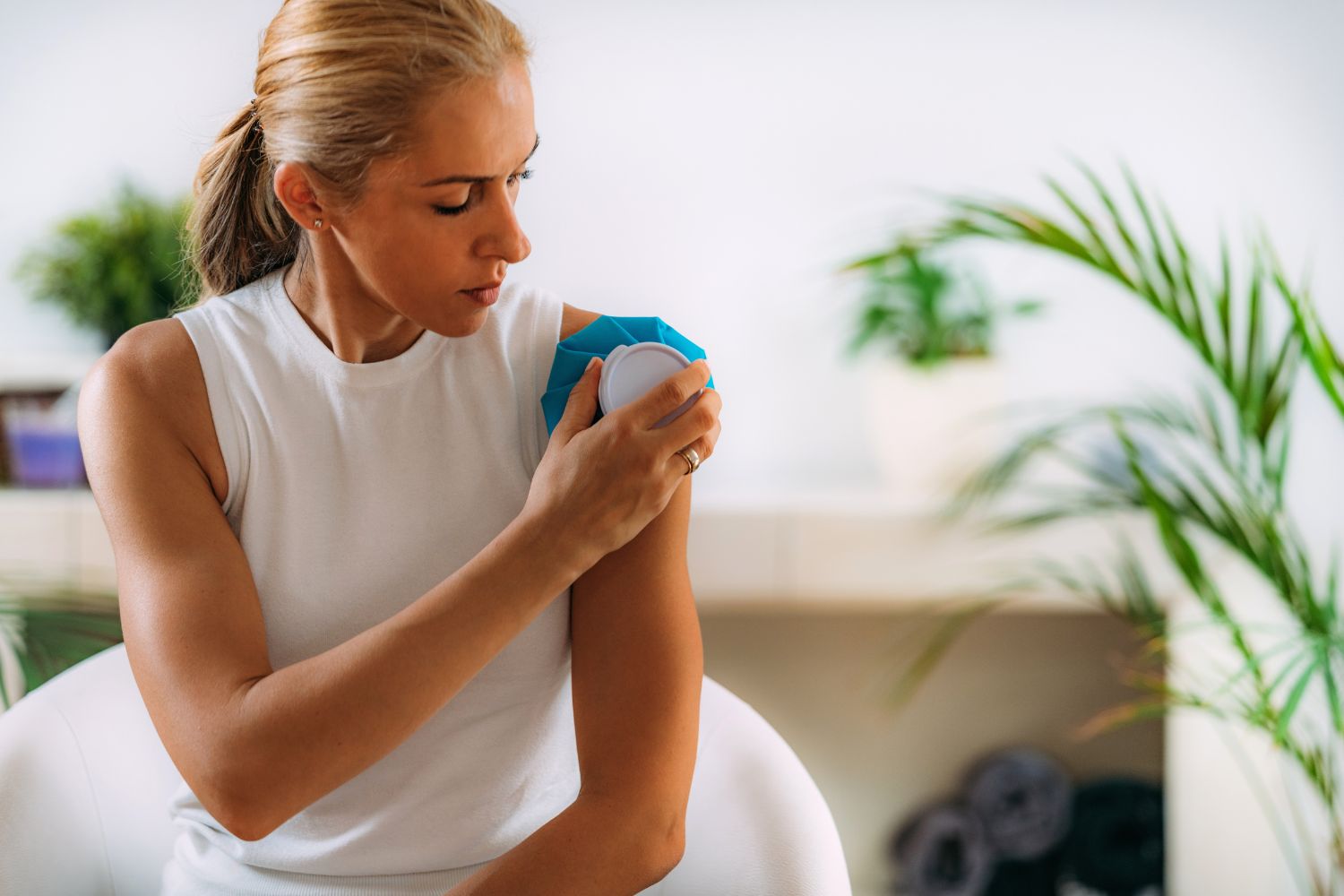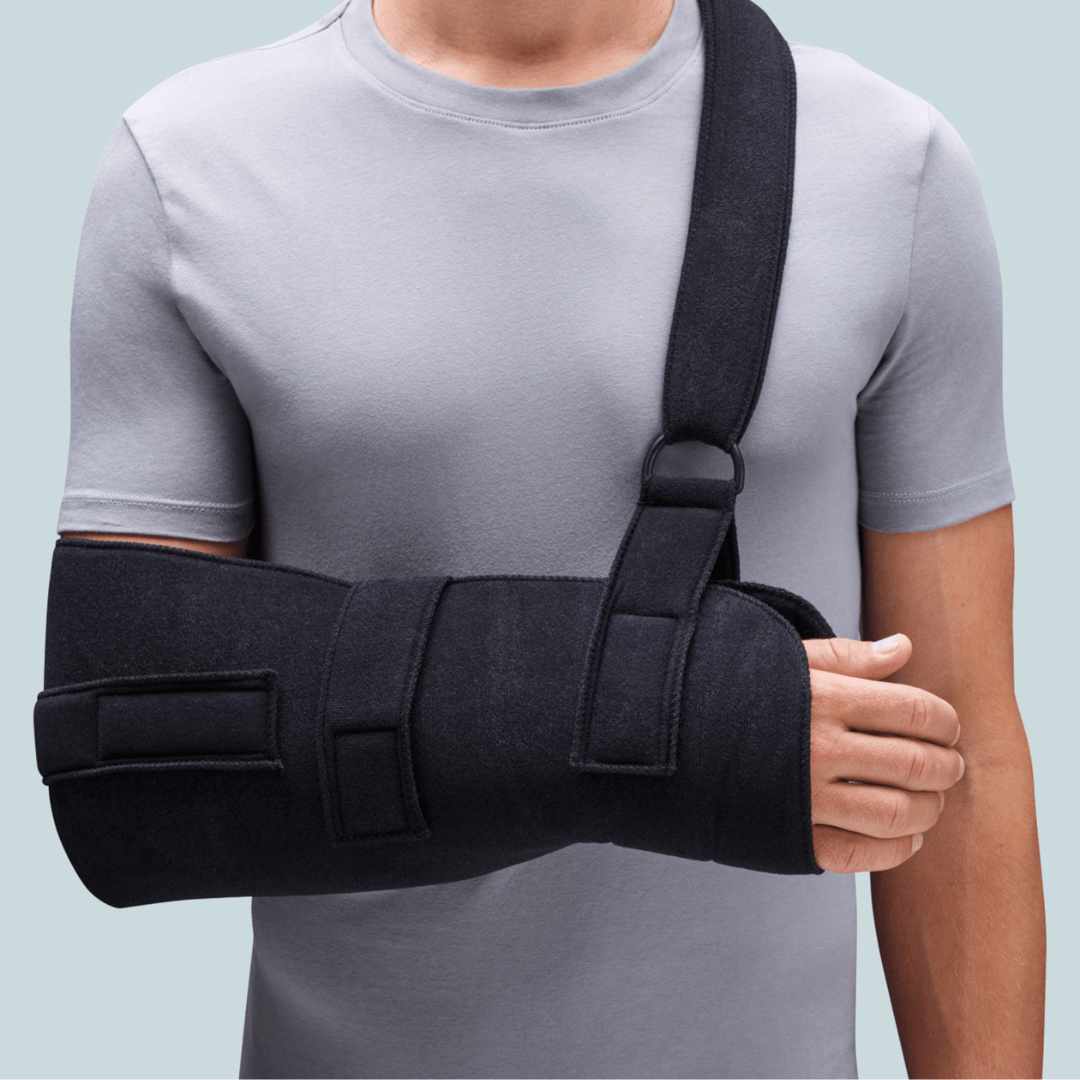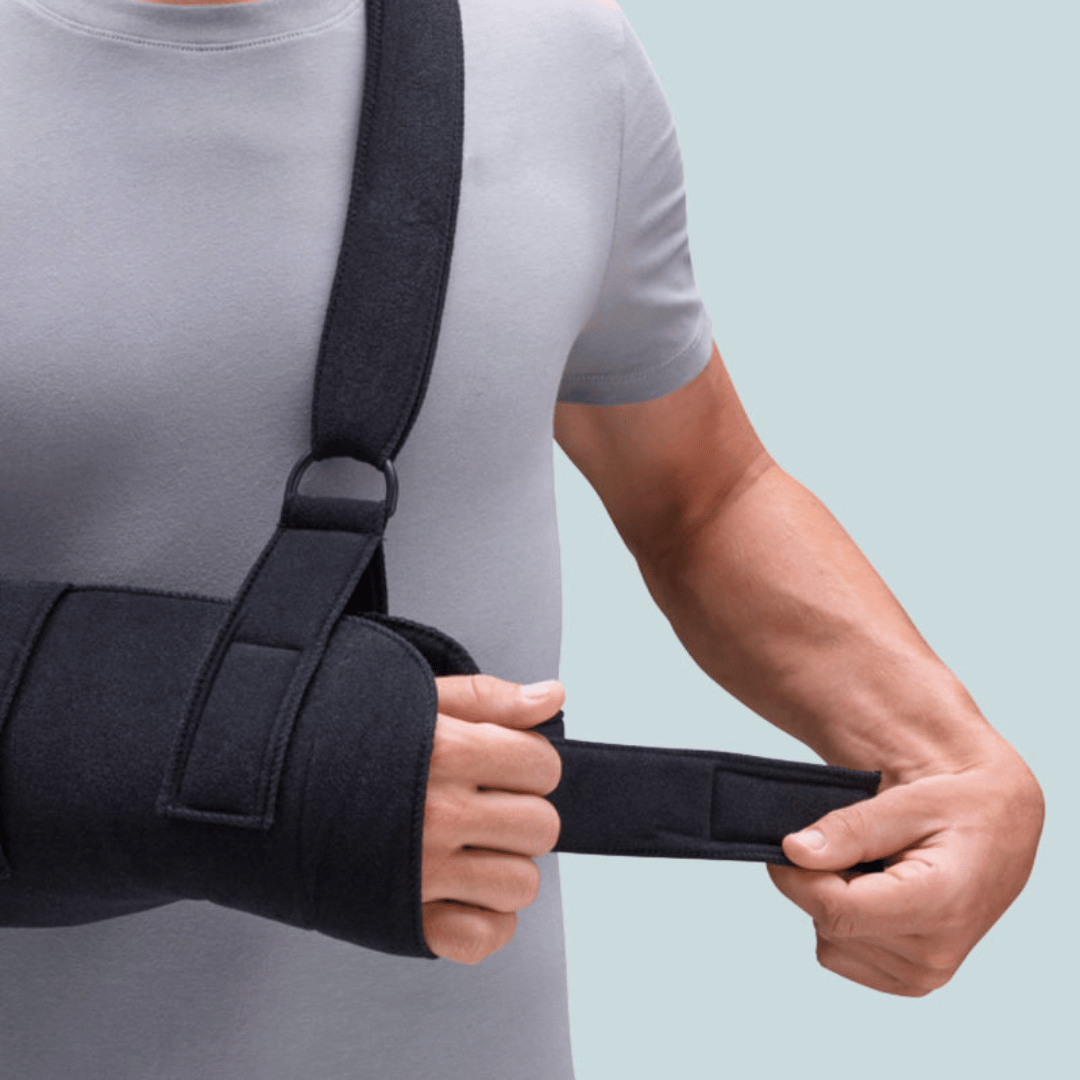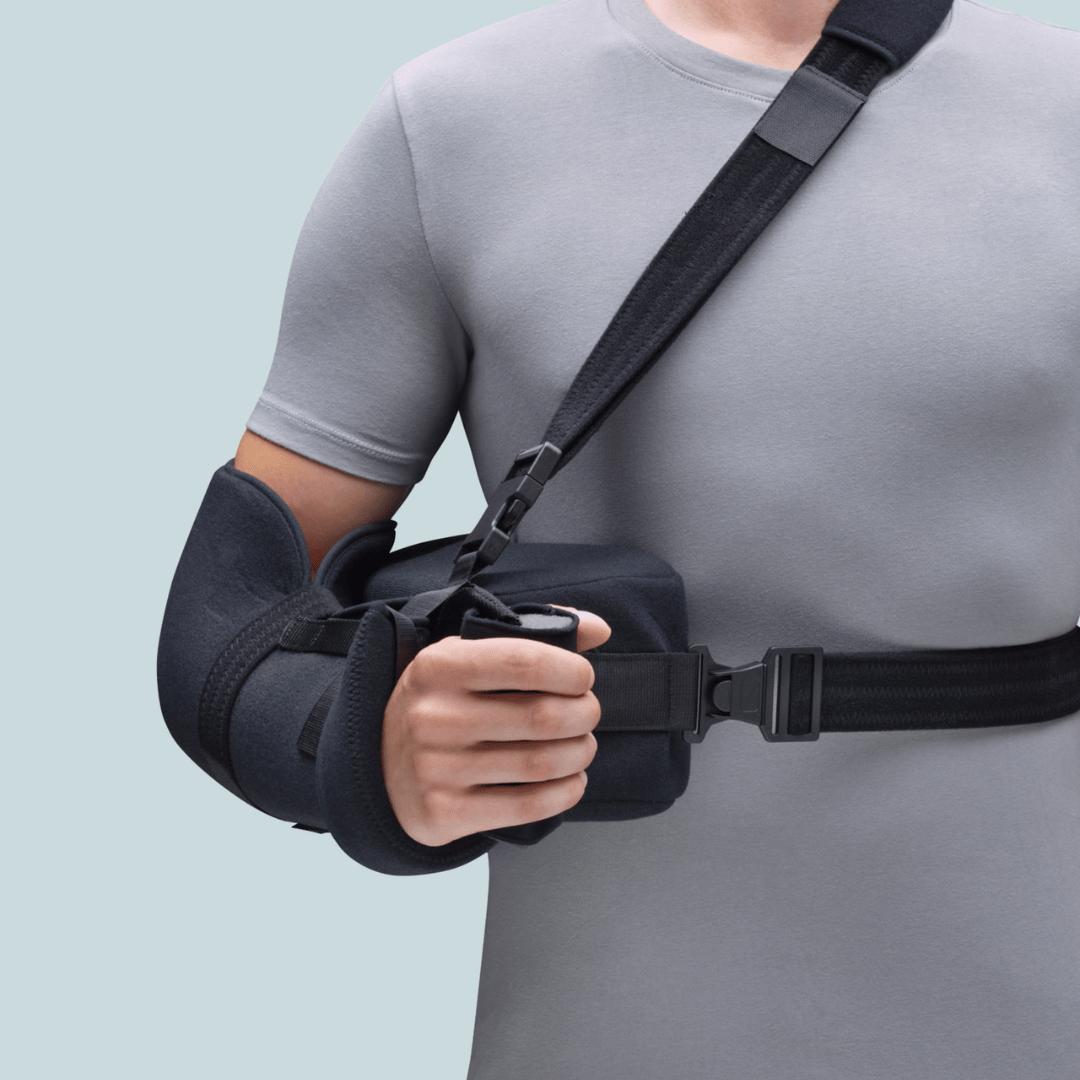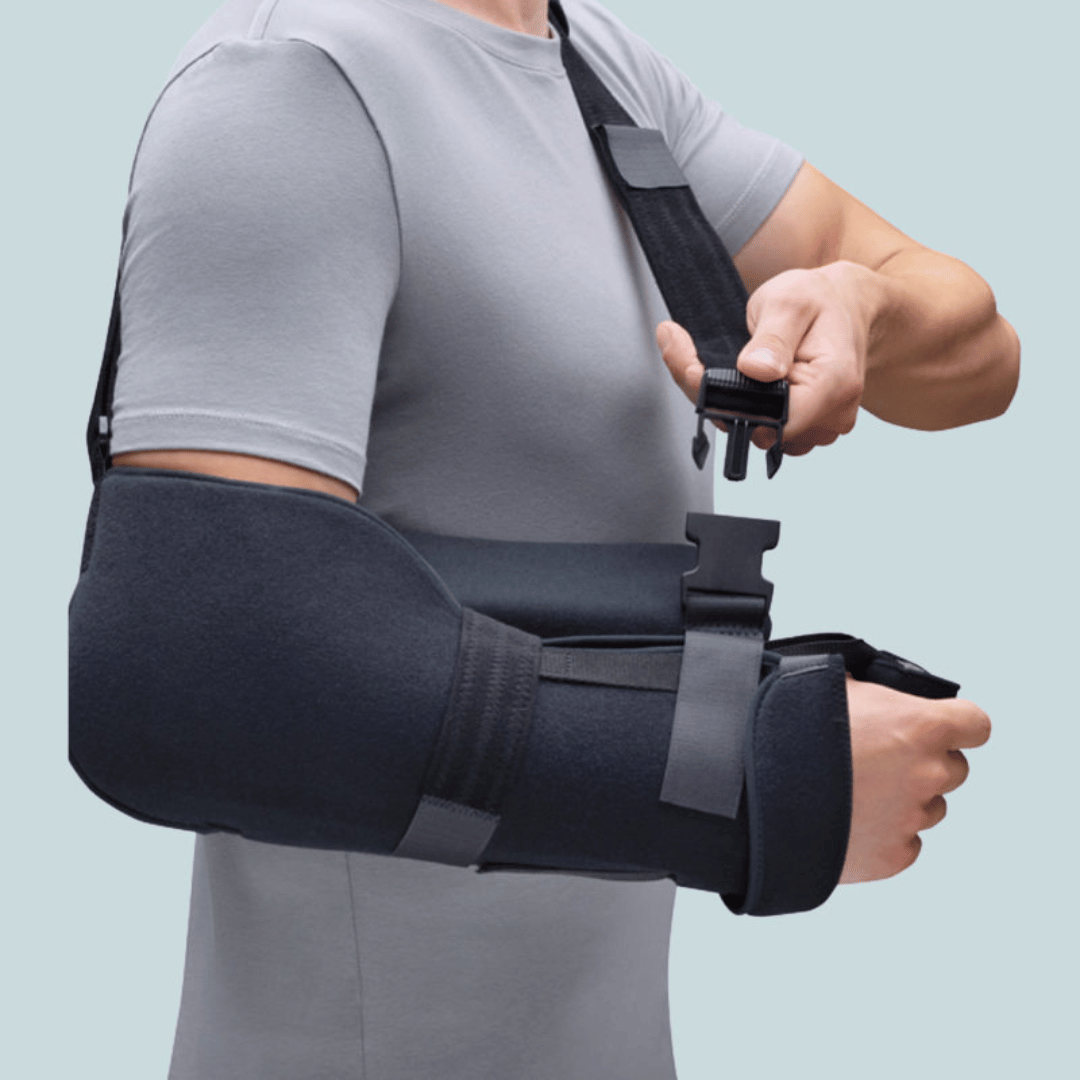Going into shoulder surgery soon? Whether it's an arthroscopy, replacement, or rotator cuff repair, it's important to take steps to prepare to ensure a comfortable recovery. From nutrition to sleeping aids, here are our tips to do just that.
1. Keep the incision site clean
You’ll likely have a stitch or two, which you’ll need to monitor throughout your recovery. Clean the area, change your bandages as recommended by your doctor, and take any antibiotics as instructed. Watch for odours, pus, warmth, bleeding, or widening of the incision. If you get any of these, contact your surgeon or head to the hospital - infections can become serious very quickly.
2. Prepare for limited movement
After your surgery, your surgeon may advise you against moving your shoulder and holding anything heavier than a mug with that arm. Hence, you should make arrangements at work (if you feel like you can’t do your job one-armed) and ask someone to drive you or take public transit when you need it.
You might also want to shop around for items like:
- Oversized, button-down, or post-surgical shirts
- Front-closure/off-the-shoulder bras
- Long-handled back washer
- Premade meals
- Pillow wedge for sleeping
3. Wear a shoulder brace after surgery
b:joynz Shoulder Immobiliser 15
The Shoulder Immobiliser 15 locks your shoulder at a 15-degree abduction angle using a foam cushion and anti-rotation strap. The brace also incorporates an adjustable arm length, cushioned sling, and quick-release fasteners for maximum wearing comfort.
b:joynz Shoulder Immobiliser
The Shoulder Immobiliser functions like a sling to limit shoulder movement and strain. Its adjustable arm length ensures an individual fit, and its velcro straps make donning and doffing easier. Its anti-rotation strap ensures increased stability, while the cushioned shoulder sling provides excellent wearing comfort.
4. Ask for help to make surgery recovery easier
You may need help getting around and with certain household tasks, such as cleaning and cooking. Reach out to family and friends to support you through your recovery and take some of the load off your shoulders.
5. Eat well
- Maintaining good eating habits will go a long way toward helping your shoulder heal and improving post-op comfort.
- Make sure you get enough fibre. The stress of surgery can do a number on your digestive system. Fibre-rich foods like oats, chia seeds, bran cereals, and beans get help get things in order again.
- Eat plenty of protein. It is an essential building block of tissue. To avoid further disruptions to your digestive system, opt for leaner protein options like fish, nuts, chicken, and turkey. Your surgeon may advise against processed and red meats.
- Get enough fruits and veggies. These are the best sources of vitamins, which will boost your recovery process.
Keep in mind that these steps are also essential before surgery - research shows that the better nourished your body, the better the post-surgical outcomes.
6. Sleep well
Sleep doesn’t often come easy after surgery. Factors like the type of pain meds you’re using, not being able to sleep on that side, discomfort, pain, and stress can all keep you up at night.
However, it is essential to get enough rest after surgery. When you sleep, your body releases growth hormone, which helps your damaged tissues heal. To sleep easier, you can try:
- Meditation
- A change in pain medication (if you suspect yours are keeping you up)
- Talking with your doctor to see if your pain medication can be taken with sleeping pills
- Keep to a sleep schedule. This will let your body get used to going to bed and waking up at certain times
- Sleep with a wedge or propped up on pillows. Many shoulder surgery patients find that a slightly upright position with pillows stacked at a comfortable height under the operated arm offers the most comfort
- Eat right and do some exercise outdoors
7. Take medications as prescribed
You’ll likely be prescribed pain relief medications. Make sure to take these as instructed, and do not wait until the pain becomes severe to take them. It is much easier to keep pain under control than to get it under control.
In some cases, your surgeon may also prescribe antibiotics. ALWAYS take antibiotics on time and complete the entire course.
8. Do some physiotherapy
Physiotherapy is an essential part of shoulder surgery recovery. Your physiotherapist will monitor your recovery and prescribe exercises to maintain shoulder strength and mobility.
Shoulder surgery recovery: The takeaway
To ensure a good and comfortable recovery process, you’ll need to put in some work. Keep the incision clean, take all your medications as instructed, wear a brace, eat and sleep well, do your physiotherapy exercises, and ask for help from your loved ones. These steps will keep strain off your shoulder and help your body heal.

